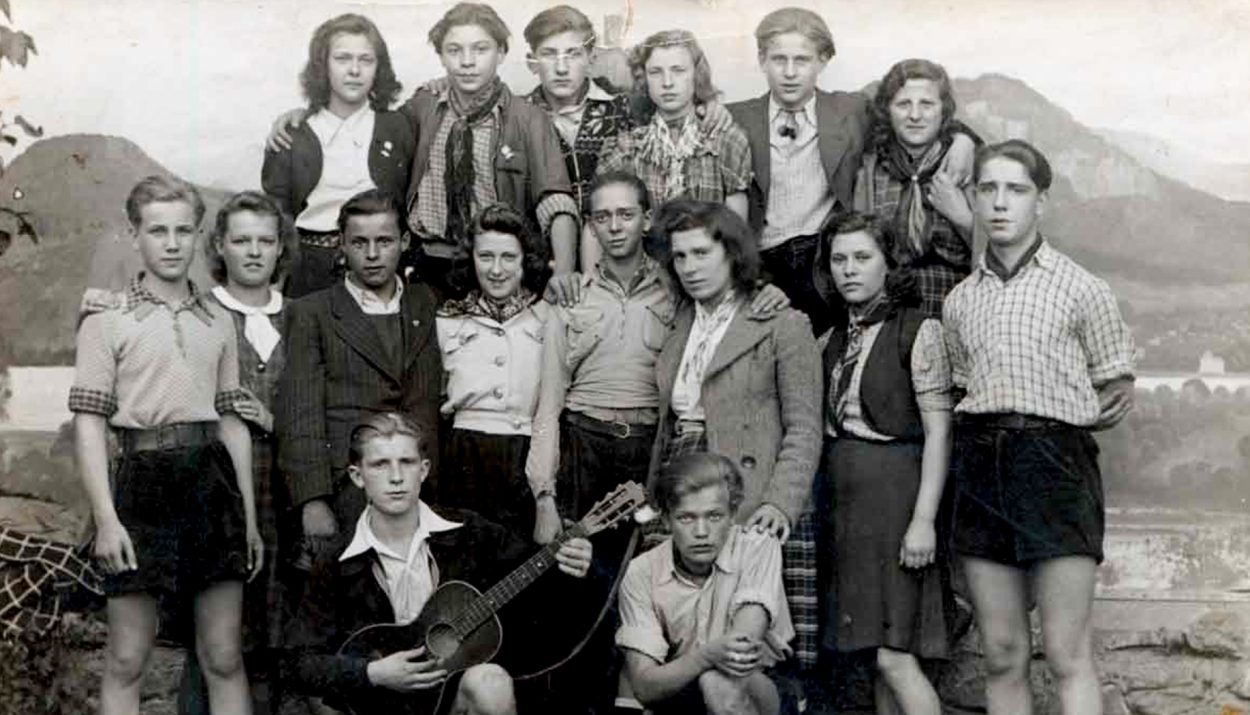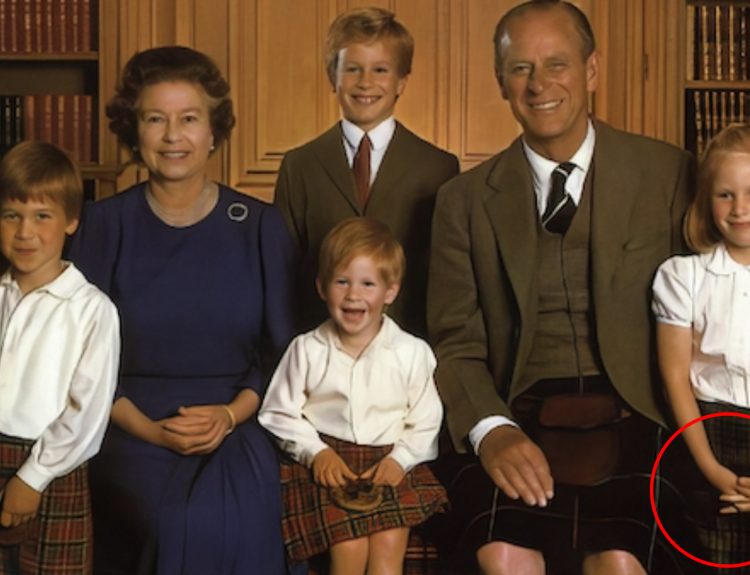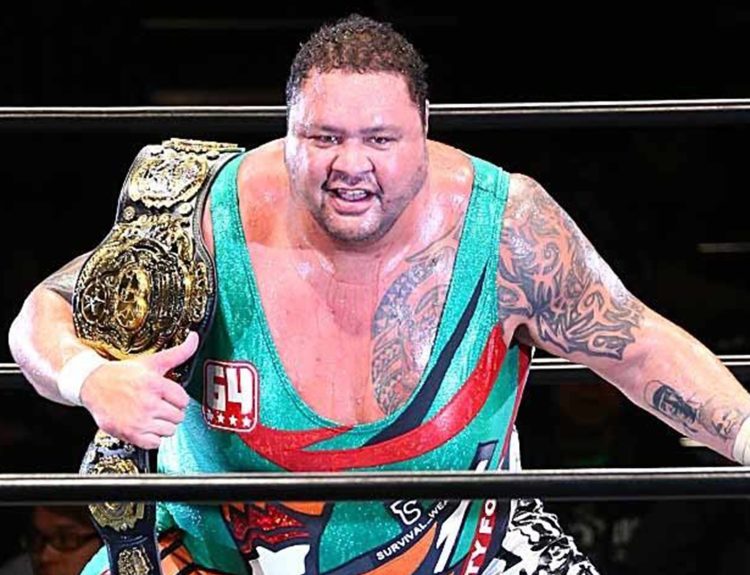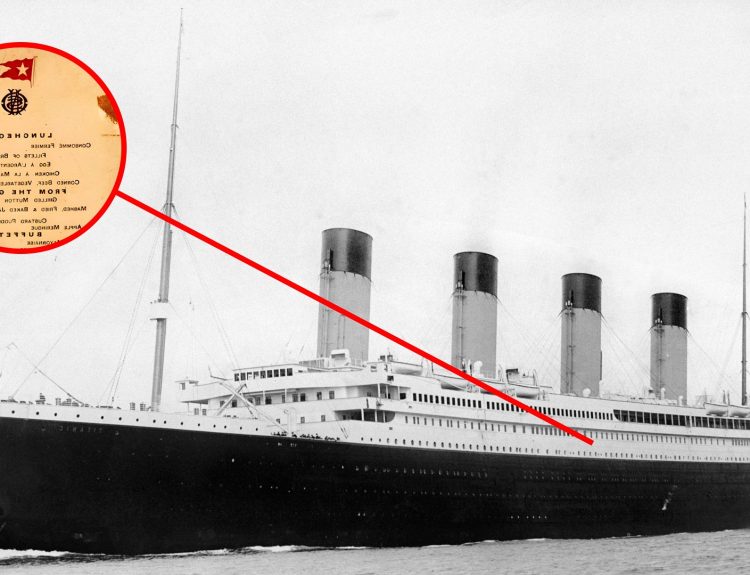By March 1939, membership into Hiler Youth, the Nazi Party’s youth organization, was mandatory for all German children, whether they or their parents wanted them to join or not. The organization was not a fun social club, however.
It was an indoctrination tool of the Nazi Party developed with the sole purpose of forcing the Nazi political ideology on Germany’s youth and it ensured that future generations of Germans followed the party’s agenda. Another group of young Germans, the Edelweiss Pirates, emerges as the counterpart to the antithesis of the Hitler Youth.
Disillusioned Hitler Youth Dropouts
As Germany edged closer to war, the Hitler Youth organization began preparing its young members for the impending conflict. Club meetings and outings turned into military drills. Teen boys were lectured about the glory of being soldiers. Teen girls were taught first aid skills and lectured about the need to birth Aryan babies.
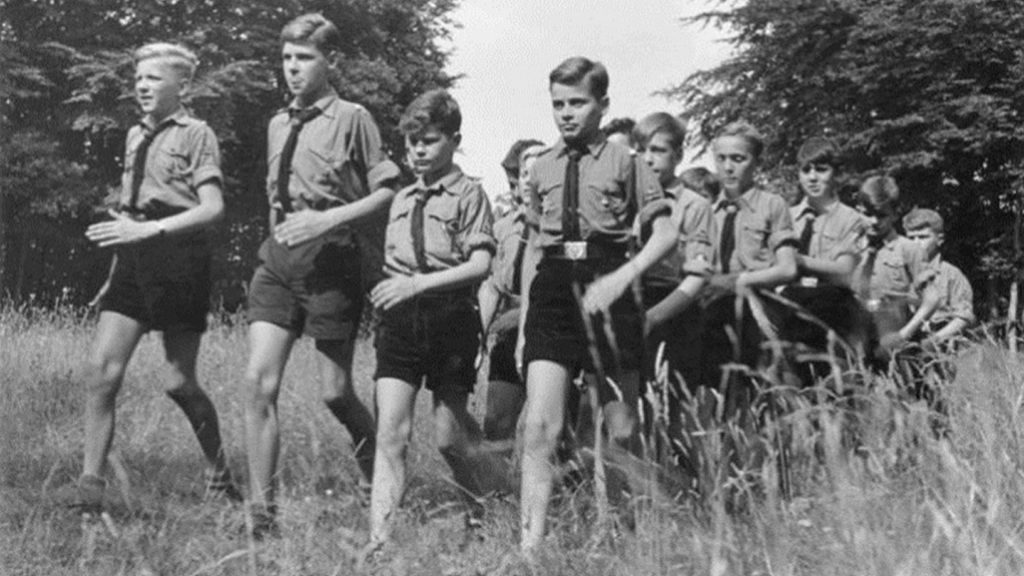
Understandably, a number of young people were disillusioned by this rhetoric. Some simply stopped attending Hitler Youth meetings. Others, however, formed their own organizations. They wanted to connect with other like-minded young people without constant political indoctrination. They wanted to form their own beliefs.
The Edelweiss Pirates
The largest of these anti-Hitler Youth groups was the Edelweiss Pirates. Made up of both boys and girls, the group adopted the slogan, “Eternal War on the Hitler Youth.” They chose to name themselves after a favorite alpine flower, the edelweiss, which defiantly grows in adverse environments.
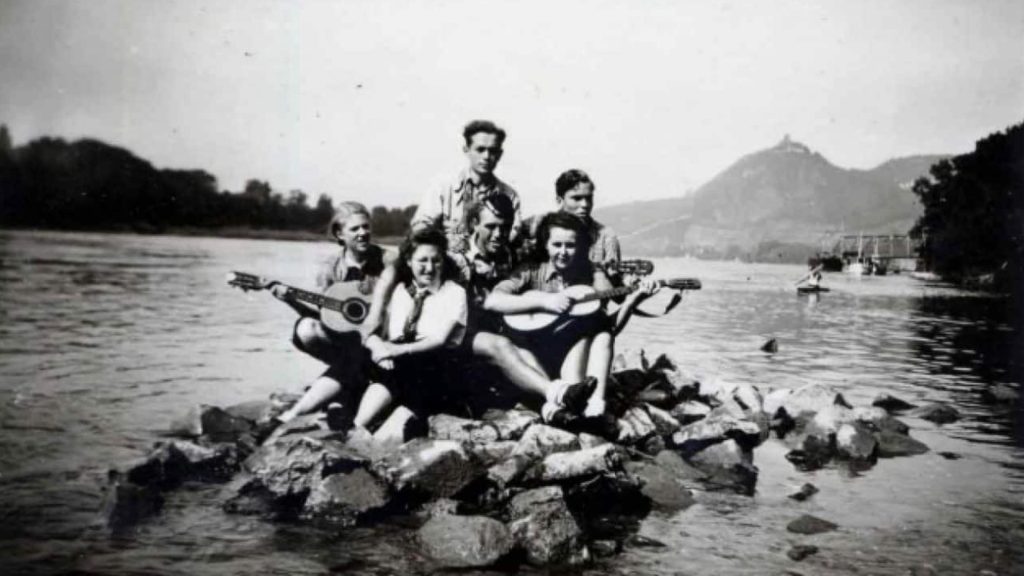
Members of the Edelweiss Pirates resisted the indoctrination efforts of the Nazi Party. According to one former Edelweiss Pirate member, “It’s the Hitler Youth’s fault … every order I was given contained a threat.”
The Pirates Were (Mostly) Parent-Approved
Most of the members of the Edelweiss Pirates had the full support of their parents. Many German parents were just as disillusioned with the Hitler Youth organization and their efforts to brainwash youngsters into the Nazi ideology. When the activities of the Hitler Youth evolved into a military training organization, many parents had had enough.
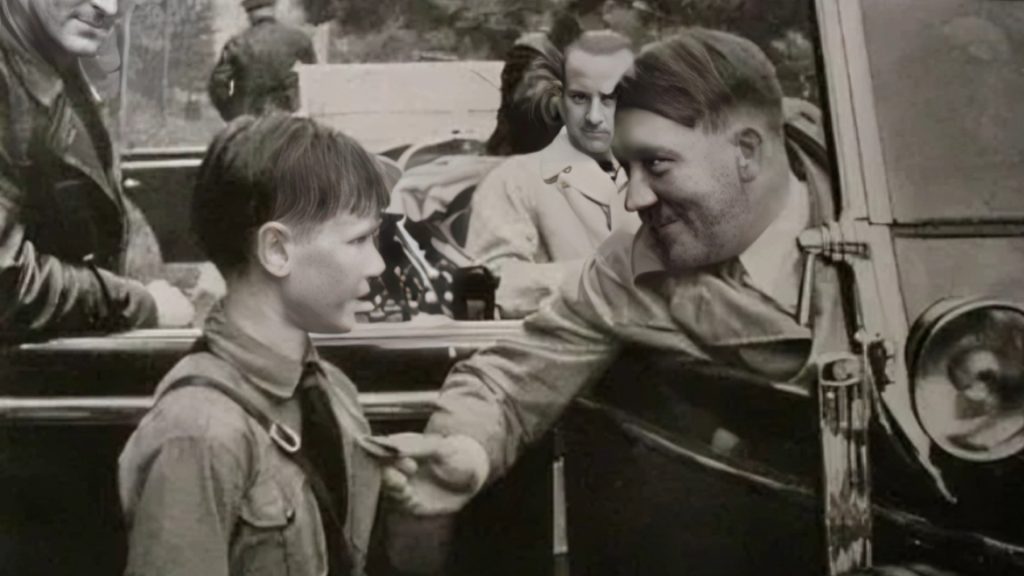
However, non-compliance to the Hitler Youth’s mandatory membership was a punishable offense. And adults, too, had to join the Nazi Party. Parents were becoming just as disenfranchised as their children.
The Ideology of the Edelweiss Pirates
In direct opposition to the strict, regimented rules of the Hitler Youth, the Edelweiss Pirates were more loosely organized. They did not push a political agenda. Instead, they encouraged members to think for themselves and develop their own views, instead of blindly accepting the ideology of the Nazi Party.
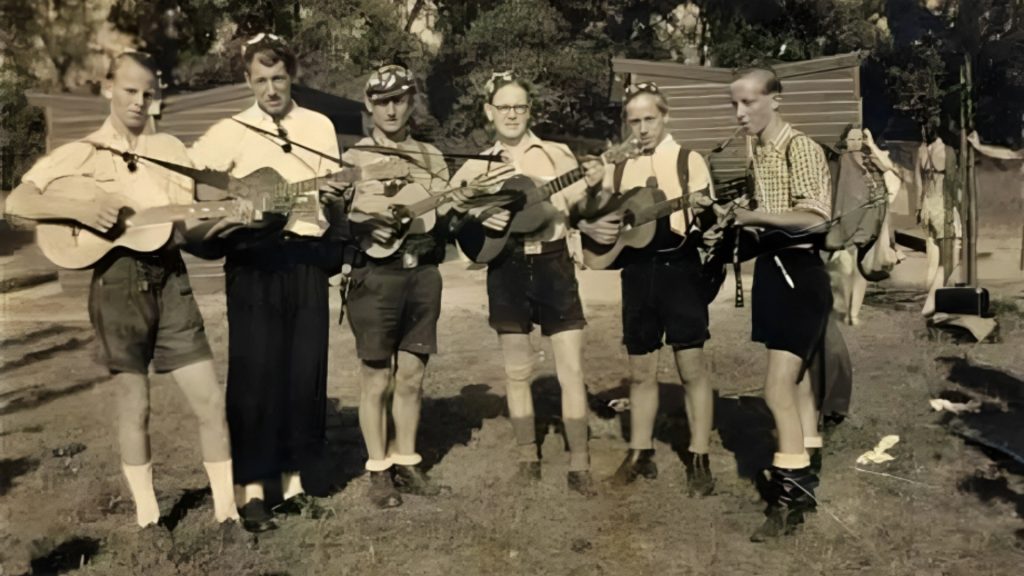
There were no separate factions for boys and girls in the Edelweiss Pirates like there was with the Hitler Youth. In fact, teens were encouraged to interact with members of the opposite sex. There was no military training. Many times, the members simply got together to go camping and sing campfire songs.
14 to 18 Year Olds
The typical age for a youngster to join the Edelweiss Pirates was 14 years old. Children from working-class families living in industrial towns typically quit school at the age of 14 to go to work in the factories.
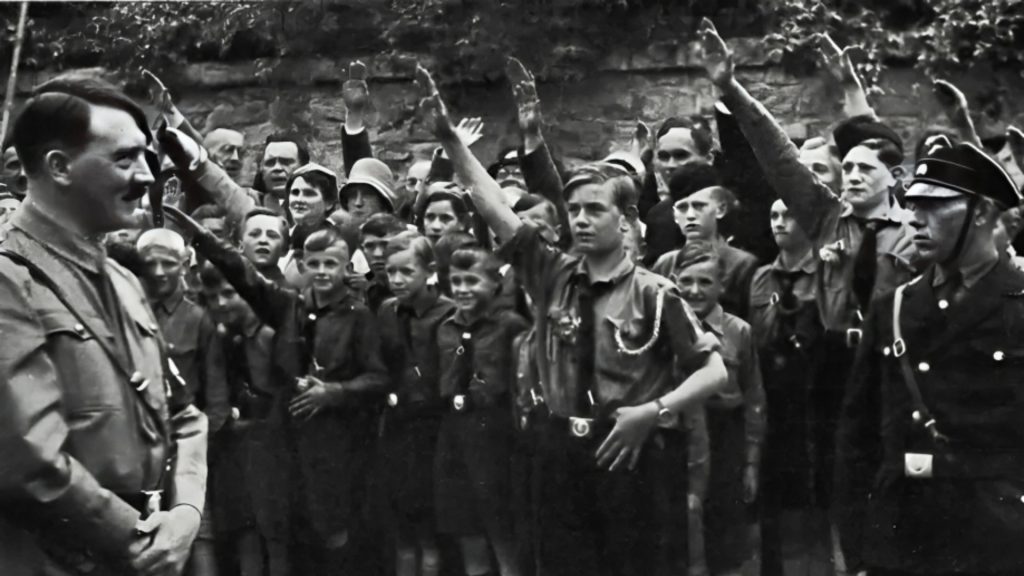
Teens left the Edelweiss Pirates when they turned 18 years old, just as Hitler Youth membership ended on a member’s 18th birthday. The reason for this was because it was mandatory for all German boys to join the German military when they turned 18.
The Edelweiss Pirates Were Rebels and Rule-Breakers
A hallmark of the Hitler Youth was conformity. Members were given military-style uniforms to wear and there were strict rules about hairstyles. Boys, of course, were required to keep their hair in short crew cuts. Girls could have longer hair as long as it was pulled neatly back from their faces.
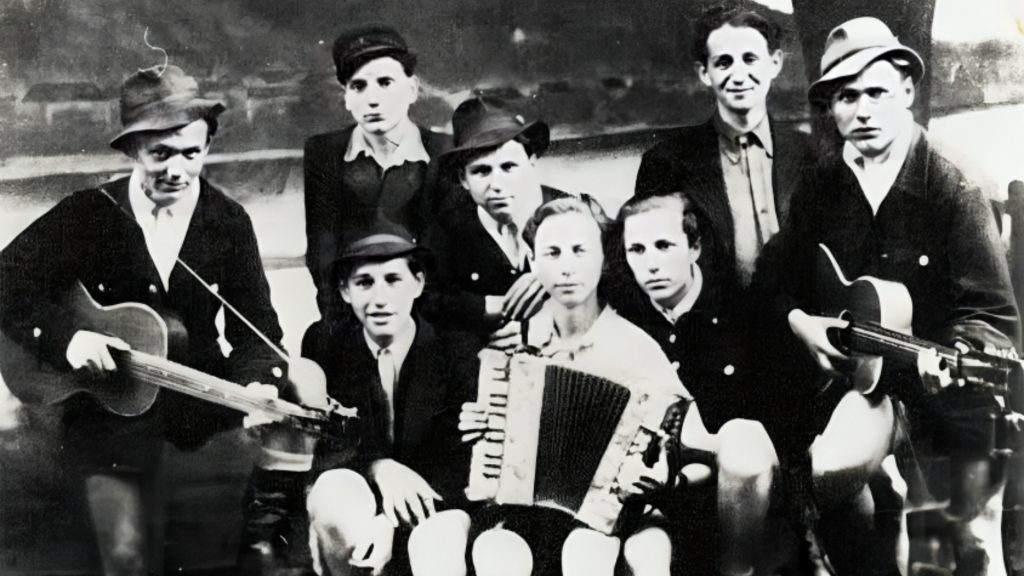
The Edelweiss Pirates grew their hair longer and wore street clothing. Instead of listening to government-sanctioned music like the Hitler Youth, they listened to music written by Jewish composers, as well as other songs that weren’t written as pure propaganda.
Resistance Efforts of the Edelweiss Pirates
It wasn’t all fun and games for the members of the Edelweiss Pirates. Many of them also engaged in resistance efforts and acts of rebellion targeting both the Hitler Youth and the Nazi Party in general. Naturally, their activities were illegal, and the teens were taking great risks.
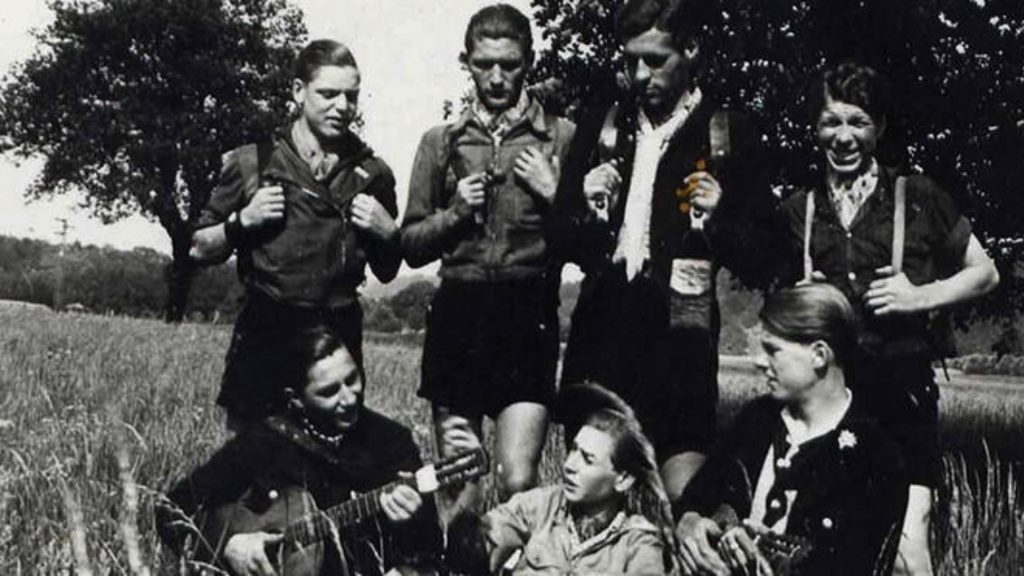
Much of the anti-Nazi activities that the Edelweiss Pirates engaged in remain secret. The members didn’t talk about their activities and very few written accounts remain. We do, however, know some of their heroic deeds.
Vandalism, Defiance, and Propaganda
Members of the Edelweiss Pirates attacked Hitler Youth patrols and beat up the Hitler Youth members. When Allied forced dropped anti-Nazi leaflets, the Edelweiss Pirates collected them and redistributed them. They wrote anti-Hitler graffiti on bridges, alleys, and buildings.
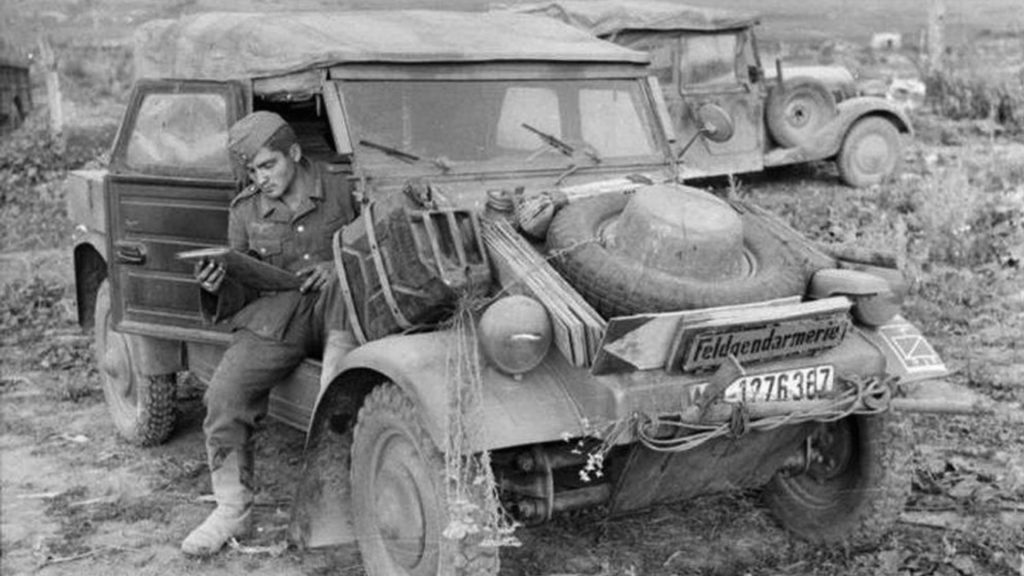
They also poured sugar or sand into the gas tanks of Nazi military trucks and cars and smashed the windows of munitions factories with rocks and bricks. Their efforts escalated as the war progressed. They also stole supplies and munitions which they then turned over to adult resistance fighters.
Risking their Lives to Help Jews and Nazi Deserters
Even though they faced harsh punishments if they were caught, some members of the Edelweiss Pirates helped Jewish hide from the Nazis and aided their escapes out of Germany. They also assisted Nazi deserters and people who escaped from concentration camps or forced labor camps. They brought food and supplies to fugitives and people in hiding.
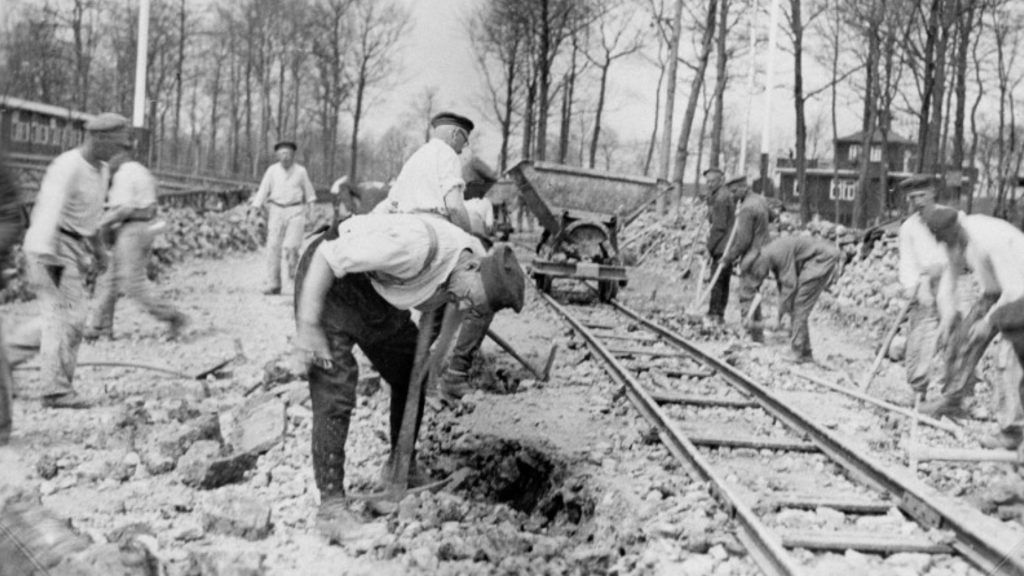
Some members of the Edelweiss Pirates were caught by the Nazi police. The punishments ranged from imprisonment and public humiliation to being beaten and tortured. Or worse. Some of the Edelweiss Pirates wound up at brutal forced labor camps. A few, however, were executed. It did not matter to the Nazis that they were underage children.

